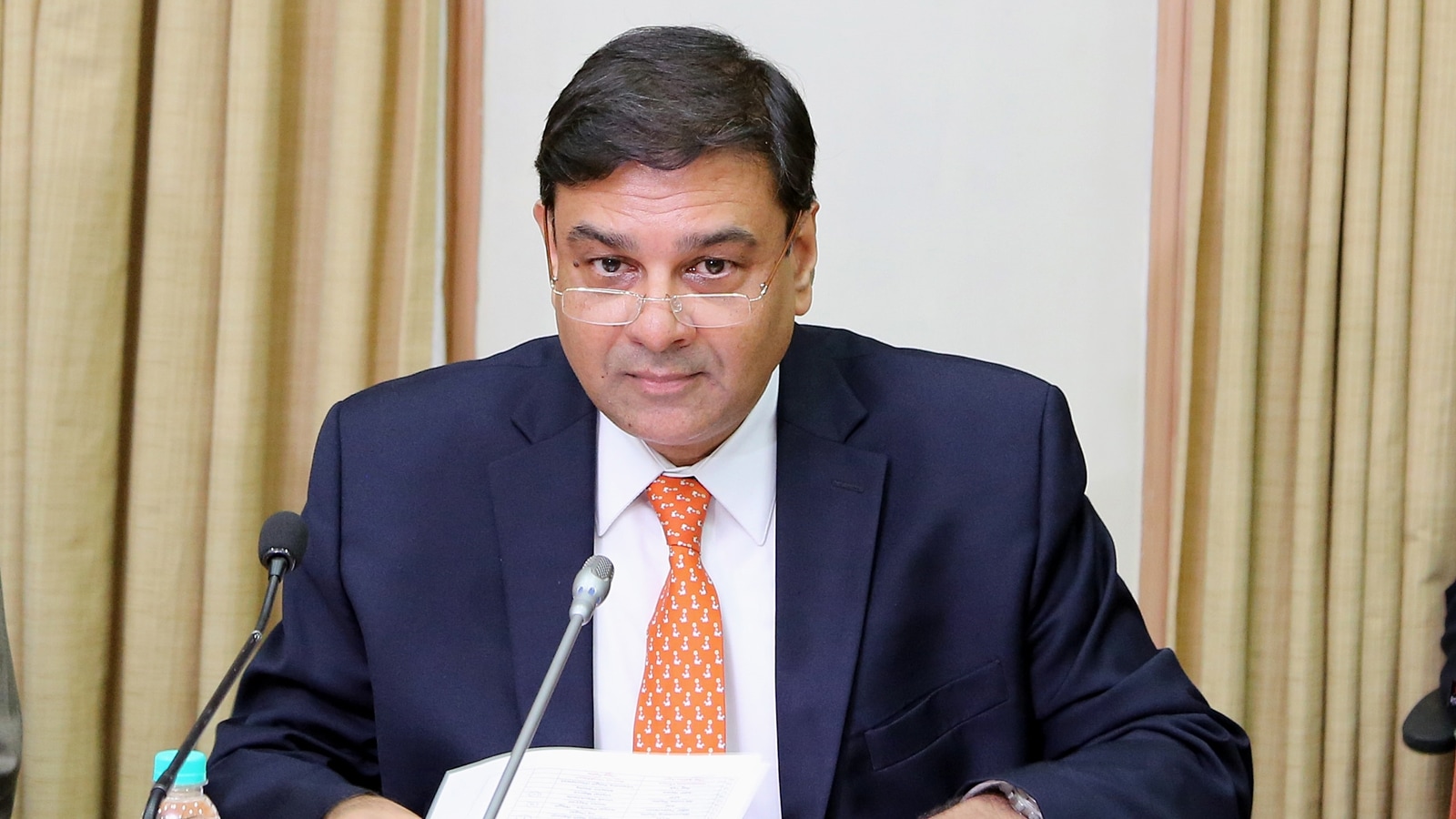
US Tariffs Threaten 55% of Indian Exports: Urjit Patel
Urjit Patel, India’s newly appointed Executive Director at the International Monetary Fund, recently expressed his concerns about the impact of US tariffs on Indian exports. According to Patel, these punitive tariffs affect approximately 55% of Indian goods exported to the US, creating significant challenges for the affected sectors. He urges the Indian government to take proactive measures to mitigate this pain while also seeking new markets to explore.
Despite the tariffs, Patel notes that global trade remains largely stable. He emphasizes that while the US accounts for only 13% of world trade, other markets are still functioning normally. This presents an opportunity for India to deepen its trade relationships elsewhere. He acknowledges that the government has been active in addressing these challenges and suggests that a strategic approach is necessary.
In the context of energy imports, Patel highlights the benefits of purchasing cheaper Russian oil. He believes that these savings significantly enhance India’s balance of payments. However, he stresses the importance of careful calculations when comparing the advantages of oil imports versus potential gains from exports to the US market.
Patel also addresses the broader issue of investment uncertainty caused by high tariffs and the potential for abrupt changes in trade policies. He points out that this uncertainty poses a significant cost not just to India, but to the global economy as well. He advocates for a transparent assessment of the economic instability brought on by sanctions and counter-sanctions, which have historically been tools for larger powers to achieve political goals.
Regarding India's association with BRICS, Patel sees merit in the alliance, especially as it expands to include more countries. He believes that BRICS serves mutual interests among emerging markets and acts as a risk mitigant against economic policies from outside its member countries.
Finally, Patel discusses the ongoing tensions between developed and developing nations over climate financing and regulations. He argues that developed countries are the primary consumers of high carbon intensity products and warns that upcoming measures like the Carbon Border Adjustment Mechanism (CBAM) could unfairly target emerging markets. He emphasizes the need for equitable trade practices that do not disproportionately affect developing nations.











